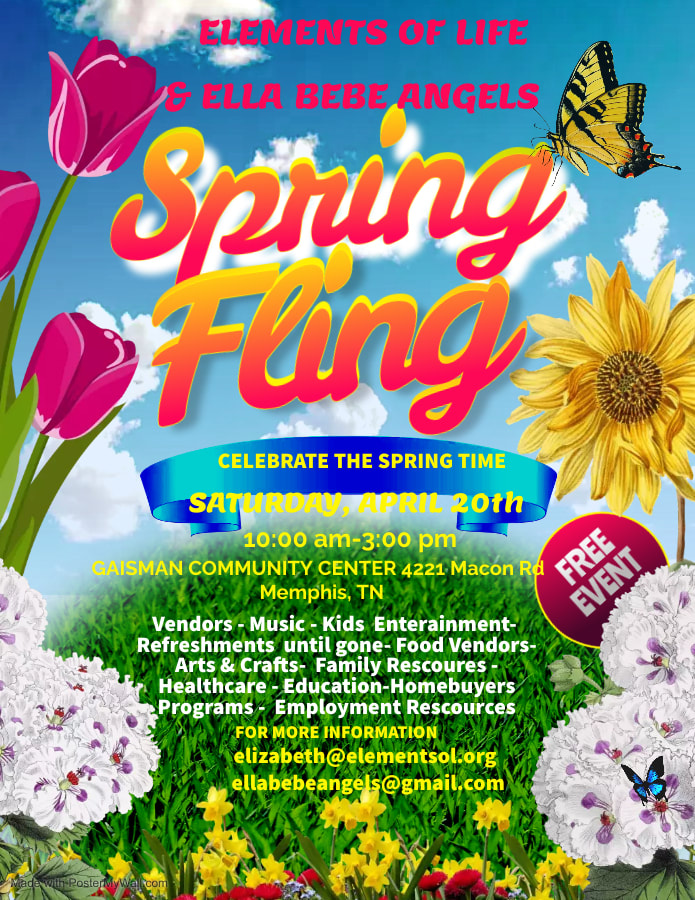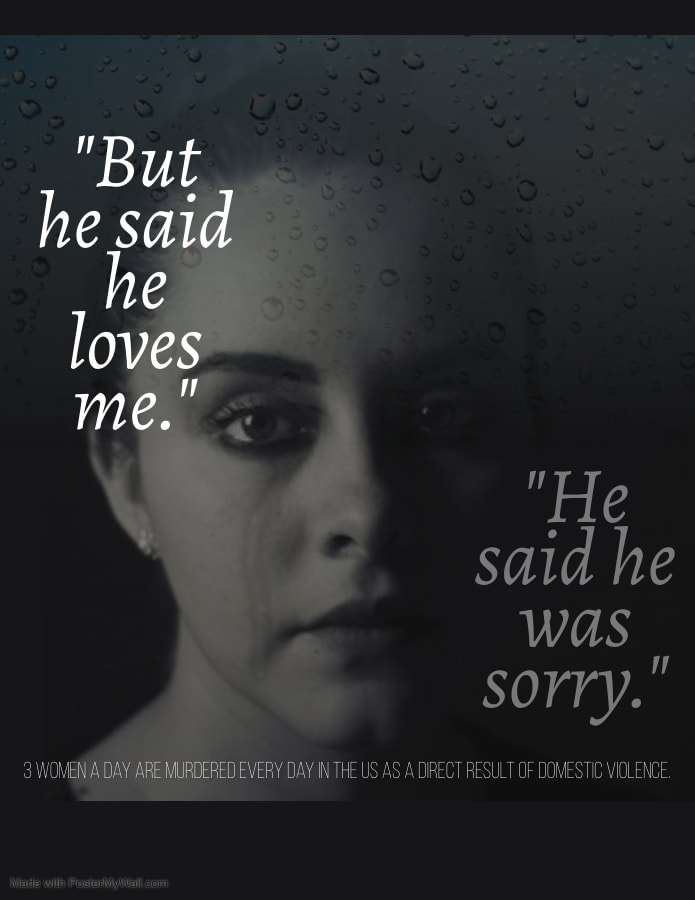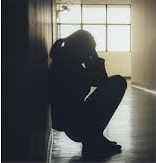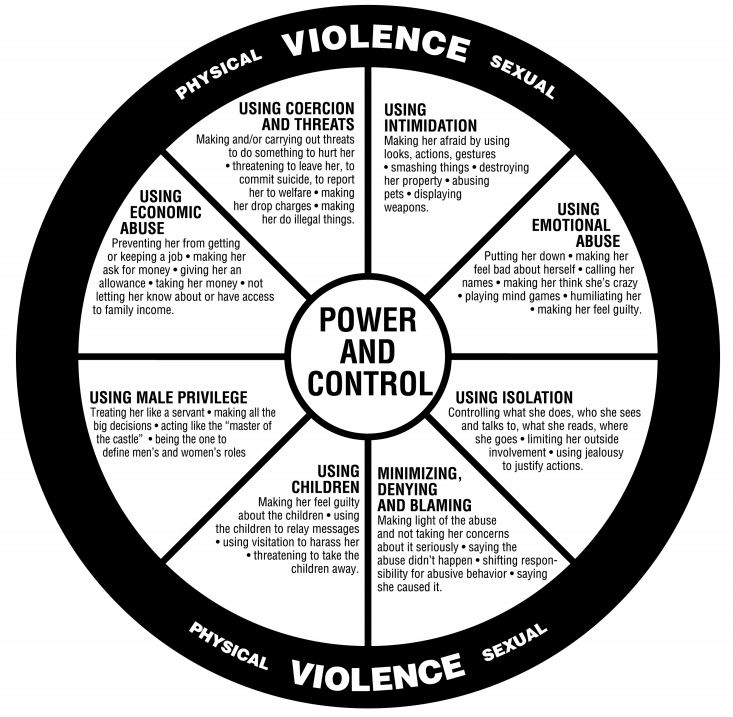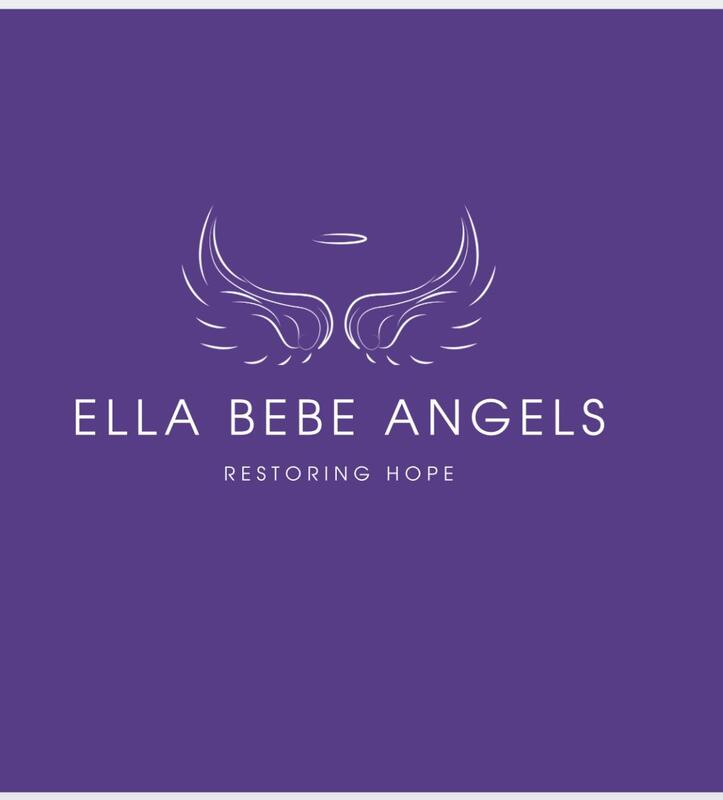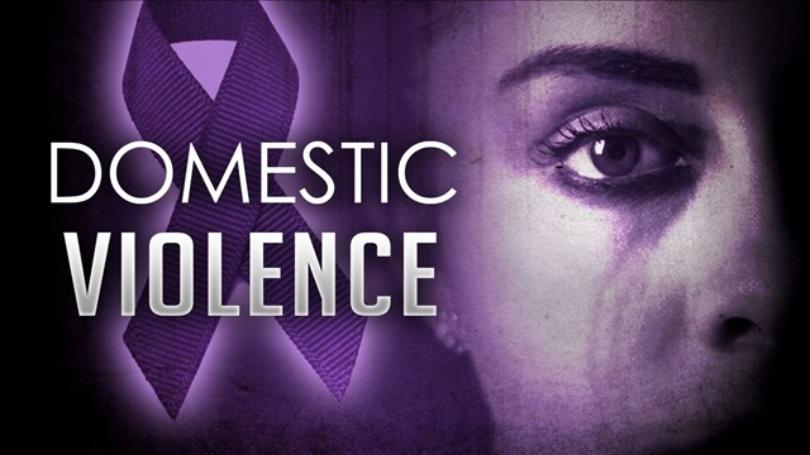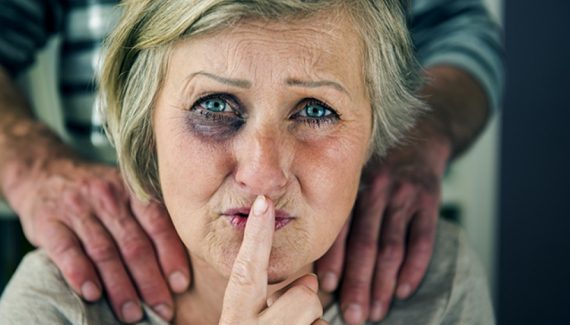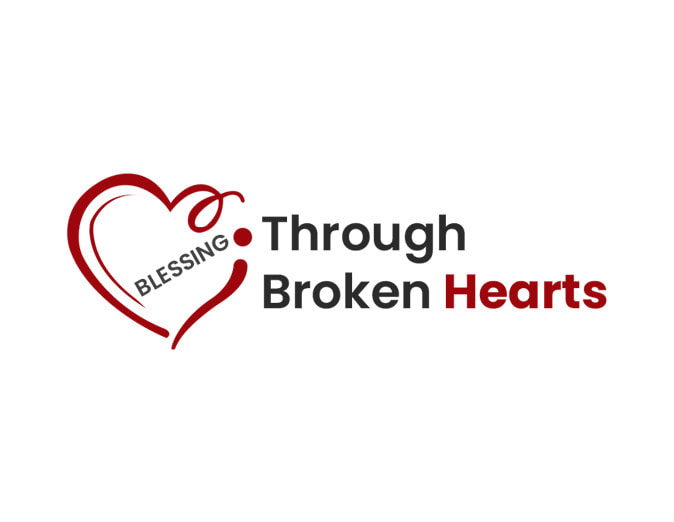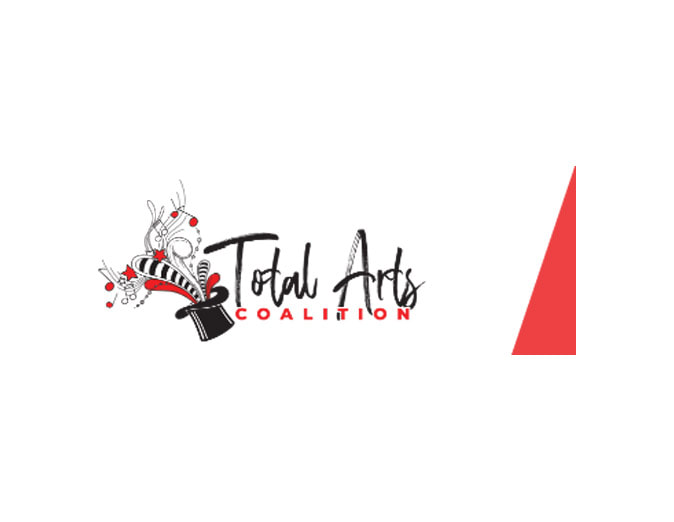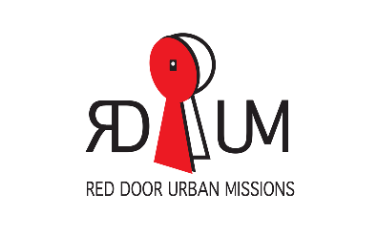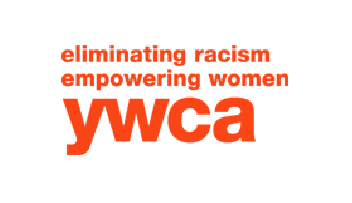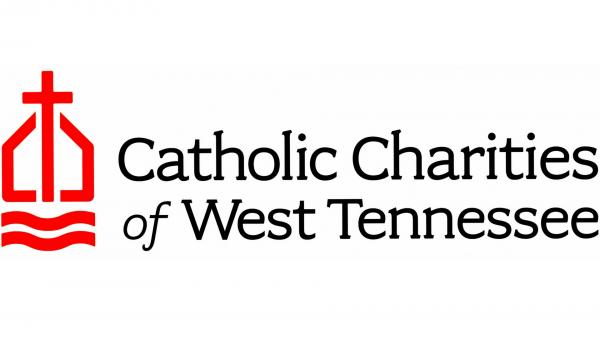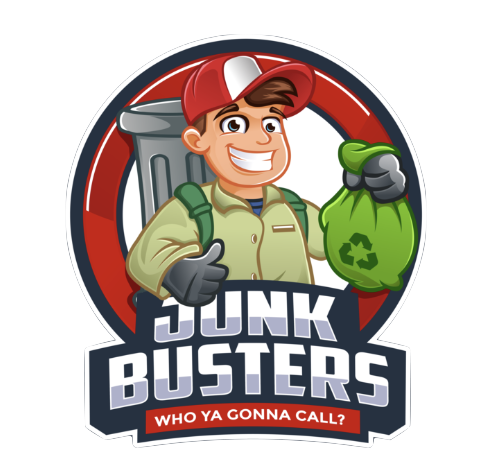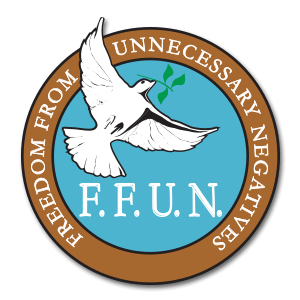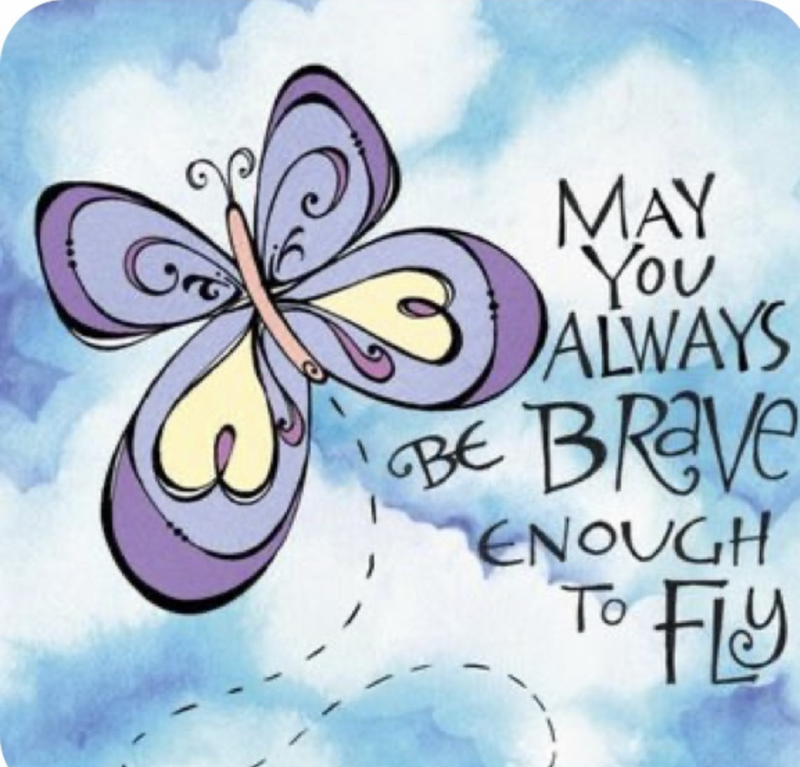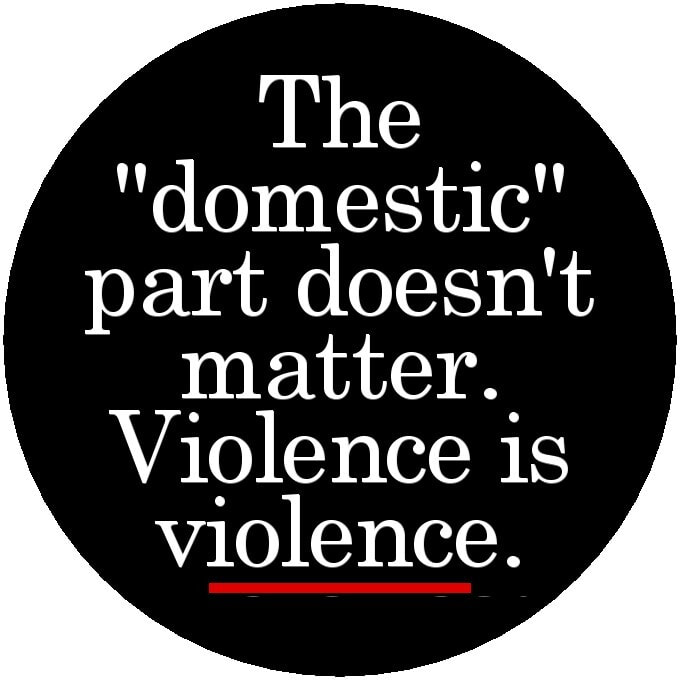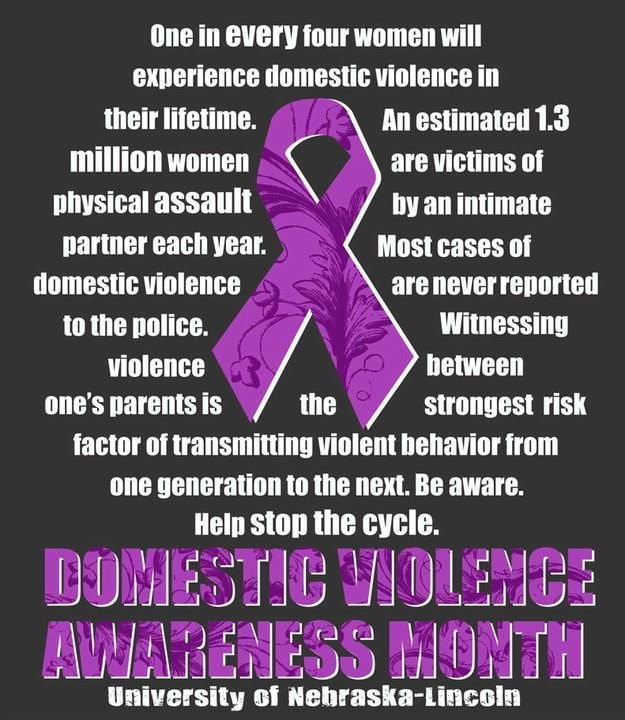|
VIEW OUR CAUSES
Donate NowVertical Divider
|
BECOME A VOLUNTEER
Join Us NowVertical Divider
|
VIEW OUR EVENTS
Get Involved |
Ella Bebe Angels
Healing survivors from the effects of Domestic Violence.
Ella Bebe Angels does not and shall not discriminate on the basis of race, color, religion (creed), gender, gender expression, age, national origin (ancestry), disability, marital status, sexual orientation, or military status, in any of its activities or operations. These activities include, but are not limited to, the appointment to and termination from its Board of Directors, selection of volunteers, selection of vendors, and providing of services.
Our Mission
To educate survivors and the community to prevent domestic violence oppression in the lives of survivors with hope, healing, compassionate advocacy, support and comprehensive resources.
Vision Statement
A society where every domestic violence survivor has access to the resources and support needed to regain their independence, heal from trauma, and thrive. To engage in surrounding communities to curb domestic violence and to pursue and provide resources to those most impacted by domestic violence
Angelina – My Story
Why didn’t you leave? Why did you stay? I would hear years after my life with this abuser was over. Did anyone ever ask why did the abuser stay? In the summer of 1983 I fell in love I thought with a young man who looked like everything I ever wanted in a man. Tall full of life, oh how he made me laugh in a time I needed it, handsome, from a good family the list goes on and on… Read more
|
SUCCESSFUL PROJECTS
19Vertical Divider
|
PEOPLE IMPACTED
200+Vertical Divider
|
TOTAL AMOUNT RAISED
$23,750Vertical Divider
|
TOTAL VOLUNTEERS
60 |
Upcoming events
12OCT 2024 |
October 12, 2024
Walkathon FundraiserAll proceeds go to provide shelter, resources and essentials for survivors & children in need. $30.00 covers food walk and t-shirt. Sponsors sign up now! Volunteers needed!
|
Updates from our gallery
Domestic Violence AwarenessDomestic Violence often occurs when the abuser believes that abuse is an entitlement, acceptable, justified, or unlikely to be reported. It may produce an inter-generational cycle of abuse in children and other family members, who may feel that such violence is acceptable or condoned. Many people do not recognize themselves as abusers or victims because they may consider their experiences as family conflicts that got out of control.
|
Domestic Violence: It’s EVERYBODY’S Business!
Domestic Violence Definition – So, what is Domestic Violence?
domestic violence is a pattern of one person trying to dominate and control another person. This involves different types of abusive ways. It is a repetitive process of abuse where the perpetrator gets hold of the victim in a consistent manner. Domestic violence comes in different forms and ways in different areas. Many authentic studies prove that most of the victims are women. Don’t be fooled by the name. This form of abuse can take place in workplaces as well. For your better understanding, here are the main domestic abuse categories:
Physical Abuse: Pushing, kicking, strangling, or any other physical violence.
Sexual Abuse: forceful sex, sexual assaults, sexual threats, and many others.
Emotional Abuse: Threats, manipulation, lies, stalking, name-calling, and several more.
Economic Abuse: Denying access to bank accounts and other financial platforms.
If your partner does any of the above or anything similar, you’re being abused. Get help and get out of it, ASAP!
domestic violence is a pattern of one person trying to dominate and control another person. This involves different types of abusive ways. It is a repetitive process of abuse where the perpetrator gets hold of the victim in a consistent manner. Domestic violence comes in different forms and ways in different areas. Many authentic studies prove that most of the victims are women. Don’t be fooled by the name. This form of abuse can take place in workplaces as well. For your better understanding, here are the main domestic abuse categories:
Physical Abuse: Pushing, kicking, strangling, or any other physical violence.
Sexual Abuse: forceful sex, sexual assaults, sexual threats, and many others.
Emotional Abuse: Threats, manipulation, lies, stalking, name-calling, and several more.
Economic Abuse: Denying access to bank accounts and other financial platforms.
If your partner does any of the above or anything similar, you’re being abused. Get help and get out of it, ASAP!
Do people underreport Domestic Abuse?
You bet! Unfortunately, not every victim reports their situation to the authorities. Nor do they seek help. Poor souls suffer without doing much. This UN report gives us a very good idea of how widespread domestic abuse is. More than 87,000 people were murdered across the world in 2017. Among that, a whopping 58% were victims of domestic violence. Do you get it now. Domestic abuse is no joke! Alright! So, how many of these victims actually go ahead and report their agony. A mere 25%of all the domestic physical assaults come to the light. It gets worse when it comes to rape. Only 20% report it. When it comes to stalking, only 50% choose to do something about it. Isn’t it ridiculous and sad at the same time. Even when a woman reports it, she would’ve been attacked 35 times before she goes to the police. This is a very sad state of affairs. So, how do we change it? Well, let’s first see why people prefer to not report this crime. Social Stigma Taboo: Oh yes! Society is to be blamed to some extent here. Domestic violence has some serious taboo factor attached to it. Victims usually prefer to avoid any kind of unwanted negative attention. This is one of the main reasons behind underreporting. And also, they’re afraid that they might lose their relationship. According to this 2014 survey, 24% of the Americans think any domestic violence discussion is taboo. There’s more here. They conducted the survey again in 2018. In a shocking manner, there’s a 10% percent increase here. As many as 34% of Americans in 2018 labeled domestic violence as a matter of taboo. Are we going backward. We can definitely do better than that. Don’t you think so?
Causes & Consequences
To solve a problem, you first need to understand what’s causing the issue. That’s pretty standard stuff, right?
So, what causes a person to hurt another person in the pursuit of control and dominance.
So, what causes a person to hurt another person in the pursuit of control and dominance.
What causes Domestic Abuse?
Honestly, it differs from one person to another. However, we can nail down to some of the most common reasons behind this behavior.
- Alcohol is not only a threat to physical health, but also mental health as well. Under the influence of booze, a person could wildly.
- A sense of entitlement will always make the person perceive others as low-levels.
- Lack of empathy. We call them psychopaths. You don’t need any more explanation. Do you?
- Gender discrimination. Some people believe they’re superior to their partner, just because they’re born into a certain gender. Some call it toxic masculinity
What are the effects of Domestic Abuse?
DV is never a good thing. Never! Victims are at the risk of many troublesome consequences. Here are a few of the drastic effects of abuse:
Beyond these abuse causes many more negative effects on both the victims and the society as well. This makes it all more important to tackle this problem as much as we can.
- Victims of domestic sexual violence are prone to HIV or STDs due to forced mating.
- This also has severe effects on their mental health, leading to depression or even suicide.
- As low as 34% of physical abuse victims receive proper medical care.
- In the US, victims of partner violence lose over 8,000,000 million days of work every year. That’s equal to 32,000 full-time jobs.
- These phenomena also cost the US economy somewhere between $5 to $12 billion each year.
- Due to partner abuse, 20-60% of victims lose their jobs, thanks to trauma.
Beyond these abuse causes many more negative effects on both the victims and the society as well. This makes it all more important to tackle this problem as much as we can.
Domestic Violence & Divorce
You married folks out there, this section is very important for you. If your partner is abusing you, Run! Because, divorce can wait, but not your safety issues. How does domestic violence affect a divorce? If you’re a woman, you need to first understand The Violence Against Women Act’. Also, understanding the legal definition of abuse will help you by leaps and bounds. Then consulting a reputed lawyer will make things easier. Make sure, that you have proper evidence. When you have something that backs your claims, everything becomes smooth for you. Child custody is something that must be bugging your mind, right?! Well, here’s the thing. Even if you’re partner is abusive towards you, they still can get some custody of your children. But, if they’re abusive towards your children too, they can forget about the custody. Coming to the property division, don’t proceed without consulting your lawyer. Your spouse might be hiding a property. Lawyers can find such information. Alimony is one other factor you need to focus on. A court will make you eligible for alimony, if your partner prevented you from going to a job. Some jurisdictions consider alimony, even if your partner hadn’t committed economic abuse.
Dealing with DV
Here comes the important question. ‘How to deal with abuse?’ Well, there’s no exact rulebook for you to follow. However, you can do a few things that can help you handle the abuse.
If you’re the victim
When you’re being abused or harassed by your partner, try doing these:
If someone you know is the victim
Your life is fine and dandy. That’s great. You can your energy to help someone whose life is in the opposite spectrum of yours. Consider taking these steps to help a DV victim:
If you’re the victim
When you’re being abused or harassed by your partner, try doing these:
- Seek support: After realizing your ordeal, getting help is the first thing you must do. Try talking to a friend that’s close to you. Or, you can approach a counselor. Discuss your situation and get their help.
- Consider a refuge: There are many refuge homes out there, for people like you. If you feel unsafe to live in your home with your partner, this is the way to go.
- Report: If you think that you’re in a danger, complain to the authorities immediately. Police will protect you and direct you to the appropriate action you should be taking.
- Get a lawyer: Not every one of us is proficient in understanding laws and acts. So, to deal with your situation without any mishaps, hiring a lawyer is your best bet.
- Don’t delay: This is the most important of the lot. Most of the people commit this very mistake. Thus, repeated assaults and abuses. Don’t be one of those victims. Act accordingly and immediately.
If someone you know is the victim
Your life is fine and dandy. That’s great. You can your energy to help someone whose life is in the opposite spectrum of yours. Consider taking these steps to help a DV victim:
- Be empathetic: Most of the times, an abuse victim is drained out of all their spirit. They may not initiate a discussion about their troubles. Here, you need to be patient with them. Make them feel comfortable with you. They will definitely open up.
- Don’t judge them: You don’t know what a person is going through. If you feel that someone is in a bad position, please never judge them. Doing so might make things worse for them. Moreover, they may end up not opening up too.
- Know the warning signs: To help a victim, you first need to identify them. Not every victim discloses their suffering. How do you define a victim? Learn the warning signs. Black eyes, sprained wrists, busted lips, and bruises are some of the common indications.
Get Help and Get Out of the Abuse
Anyone can be a victim of domestic violence. It doesn’t spare any gender, race, or region. Commoners to celebrities, everyone is at the risk of this evil. If you believe that you’re facing this issue, seek help. Because, there is help. And, it can end your misery.
Making someone smile is the most
beautiful thing in this world.
Ella Bebe Angels: A 501c3 Non-Profit Charitable Organization was created exclusively for a charitable purpose. Specifically, this organization will provide spiritual support and resources to survivors of domestic violence. It is our mission, duty, and goal to address, coordinate and offer assets to help Domestic Violence Survivors. Organizational activities will provide such individuals with guidance and assistance that will help re-establish their lives. The activities will be carried out by the owner, board members and volunteers. Funding permitting the applicant plans to hire a full-time assistant to help provide the services and coordinate the work of the volunteers.
Latest From Our Blog
JOIN US NOW-VOLUNTEER-WHY WE DO WHAT WE DO. WHY DO IT AT ALL.
ACTION ALERT: Contact Your Representative and Tell Them to Vote YES on Reauthorize and Strengthen FVPSA
The Family Violence Prevention and Services Act (FVPSA) is one of the three pillars of the Federal response to domestic violence. It provides core funding for more than 1,500 domestic violence programs nationwide and supports more than 240 tribes and tribal organizations as well funding state domestic violence coalitions and funding a network of training and technical assistance resource centers. It also funds the National Domestic Violence Hotline and the StrongHearts Native Helpline. FVPSA grants keep doors open and lights on.
FVPSA has not been reauthorized since 2010, and expired in 2015. While it is still being funded, it is vulnerable to cuts and it is woefully out-of-date. The bipartisan, bicameral Family Violence Prevention and Services Improvement Act (H.R.2119/S.1275) contains key updates to increase access to services for all survivors and to invest in prevention.
H.R.2219/S.1275:
The House of Representatives plans to vote on the bill the week of September 27. Contact your Representative and tell them to vote YES on H.R.2119. You can find your Representative here. Call them directly, email them through their websites or call the House Switchboard at 202-224-3121 and ask for your Representative. Use the script below or create your own!
“I am a constituent [calling/writing] from [your location and, if applicable, your program]. I am reaching out today to ask Representative [your Representative] to vote YES on H.R.2119, the Family Violence Prevention and Services Improvement Act, and NO on any poison pill amendments. FVPSA provides core
FVPSA has not been reauthorized since 2010, and expired in 2015. While it is still being funded, it is vulnerable to cuts and it is woefully out-of-date. The bipartisan, bicameral Family Violence Prevention and Services Improvement Act (H.R.2119/S.1275) contains key updates to increase access to services for all survivors and to invest in prevention.
H.R.2219/S.1275:
- Increases FVPSA’s authorization
- Increases access to funding for Tribes, Communities of Color and underserved communities
- Invests in prevention
- Enhances victim services through training and technical assistance
The House of Representatives plans to vote on the bill the week of September 27. Contact your Representative and tell them to vote YES on H.R.2119. You can find your Representative here. Call them directly, email them through their websites or call the House Switchboard at 202-224-3121 and ask for your Representative. Use the script below or create your own!
“I am a constituent [calling/writing] from [your location and, if applicable, your program]. I am reaching out today to ask Representative [your Representative] to vote YES on H.R.2119, the Family Violence Prevention and Services Improvement Act, and NO on any poison pill amendments. FVPSA provides core

